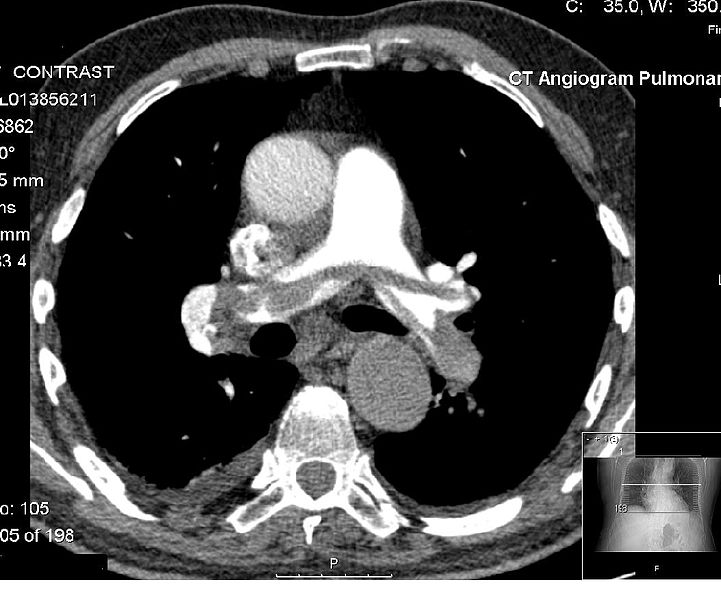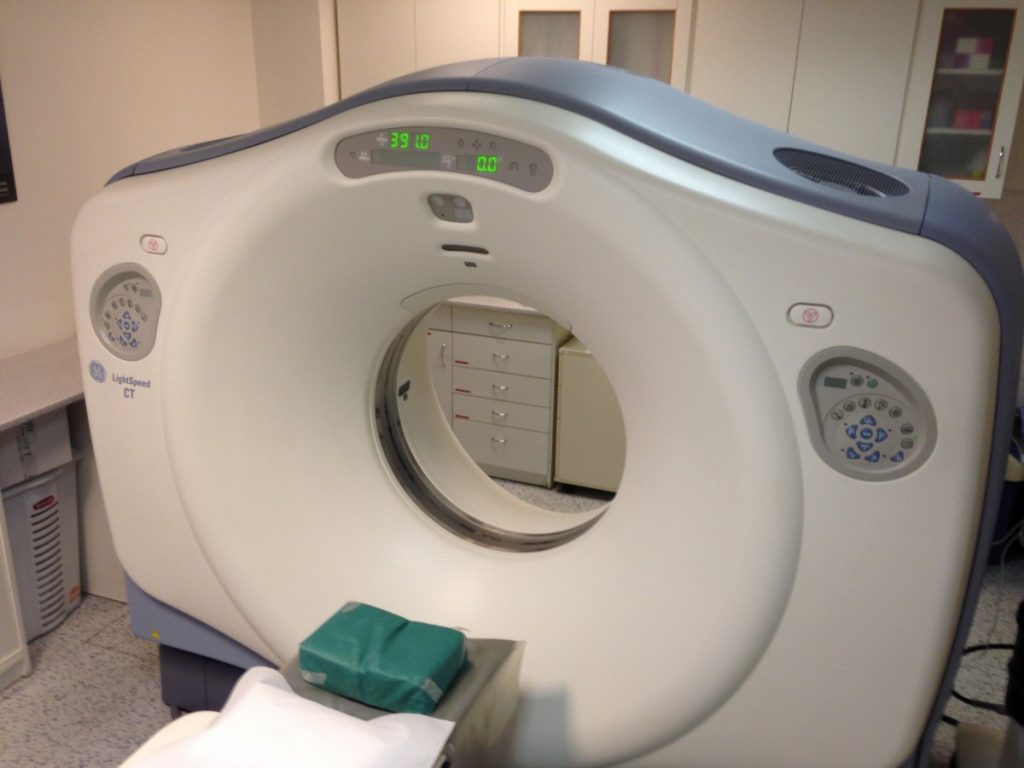Sarcoidosis is a disease most commonly affecting the lungs, but it can also involve lymph nodes, skin, liver, spleen, eyes, bones, and glands. The cause of the disease is unknown. When it occurs it can produce an inflammatory reaction leading to irreversible organ damage and disability.
Official Title
Conditions
– Pulmonary Sarcoidosis
Study Type
Interventional
Study Design
Treatment, Safety/Efficacy
Further Details
In sarcoidosis granulomas can form in various organs (primarily lung) which can lead to its dysfunction. Granuloma is formed by clusters of inflammatory cells. The formation of these granulomas is influenced by the release of a substance called TNF-alpha (tumor necrosis factor alpha) which is found in some white blood cells. A drug known as pentoxifylline (POF) is known to markedly reduce the release of TNF-alpha. The standard medical treatment for sarcoidosis is steroid therapy. However, steroid therapy is associated with significant side effects and often must be stopped. Unfortunately, some of these patients can relapse when the steroid therapy is discontinued. Because of this, researchers are interested in finding alternative therapies for the treatment of sarcoidosis. This study will evaluate the effectiveness of giving POF to patients with sarcoidosis currently taking steroids. Researchers will compare the results between patients taking steroids with pentoxifylline and those patients taking steroids alone. Corticosteroids are currently the mainstay of therapy for active pulmonary sarcoidosis and are used to prevent relapses in many patients with stable disease. The pulmonary manifestations of sarcoidosis are heterogenous and not all patients require corticosteroid therapy. Corticosteroids often produce undesirable side effects and, therefore, other therapies that can reduce or replace corticosteroid use are being sought. As tumor necrosis factor-alpha (TNF-alpha) plays a pivotal role in the formation of granulomata (the pathological hallmark of the disease), drugs that inhibit its production/release may prove effective in the treatment of this disease. Pentoxifylline (POF), a xanthine derivative used for many years in the treatment of peripheral vascular disease, is known to inhibit TNF-alpha release by human peripheral blood mononuclear cells and alveolar macrophages from patients with active sarcoidosis. To evaluate whether this drug is beneficial in the treatment of sarcoidosis, we propose to conduct a randomized, double-blind, placebo-controlled trial with POF in patients with pulmonary sarcoidosis on corticosteroid therapy. The primary objective of this study is to determine whether POF treatment can be beneficial as an adjunct to corticosteroid therapy in patients with pulmonary sarcoidosis. The role of TNF-alpha and other cytokines (released from alveolar macrophages) in explaining treatment responses defined by whether or not a patient improved will be assessed by testing whether the effect of treatment on the probability of improvement varies with cytokine levels.
Study Start
Eligibility & Criteria
Genders Eligible for Study: Both Criteria INCLUSION CRITERIA:1. Admission to this protocol will require a diagnosis of pulmonary sarcoidosis with or without ocular sarcoidosis based on clinical history, and biopsy of either lung, intrathoracic or other lymph nodes, or internal organs consistent with sarcoidosis, with all other causes of granuloma ruled out. Prior to enrollment in the study, patients will have their biopsy slides reviewed by a pathologist for confirmation of the diagnosis.2. Males or females between 18 and 70 years of age on corticosteroid therapy.EXCLUSION CRITERIA:1. Patients with active sarcoidosis of major organs other than the lungs and eyes (e.g., central nervous system, cardiac, renal) that require corticosteroid therapy.2. Patients with uncontrolled hypertension, uncontrolled diabetes, history of cerebral or retinal hemorrhage, heart failure (New York class III or higher), renal failure (on dialysis), liver failure (with portal hypertension and ascites), cancer EXCEPT non-metastatic basal or squamous cell carcinoma of the skin, hematologic disorders, including severe anemia (hemoglobin less than or equal to 7 g/dl), granulocytopenia, platelet disorders, or a need for anticoagulation therapy.3. Patients with concomitant obstructive lung disease (i.e., asthma, COPD, cystic fibrosis) or other interstitial lung diseases since changes in pulmonary function in such patients could not be attributed to sarcoidosis alone.4. Patients who are pregnant or lactating.5. Women of child-bearing potential without an accepted method of birth control.6. Patients with a positive serum test for human immunodeficiency virus or hepatitis B or C virus.7. Patients incapable of giving informed consent.8. Patients allergic to POF or methylxanthines such as caffeine, theophylline and theobromine.9. Patients currently taking corticosteroids for disease other than pulmonary sarcoidosis, theophylline, POF, or other xanthines, or patients who have been on these drugs in the preceding three months.
Total Enrolment
100
Contact Details
[1] National Heart, Lung, and Blood Institute (NHLBI) (US)
All content and media on the HealthEngine Blog is created and published online for informational purposes only. It is not intended to be a substitute for professional medical advice and should not be relied on as health or personal advice. Always seek the guidance of your doctor or other qualified health professional with any questions you may have regarding your health or a medical condition. Never disregard the advice of a medical professional, or delay in seeking it because of something you have read on this Website. If you think you may have a medical emergency, call your doctor, go to the nearest hospital emergency department, or call the emergency services immediately.







